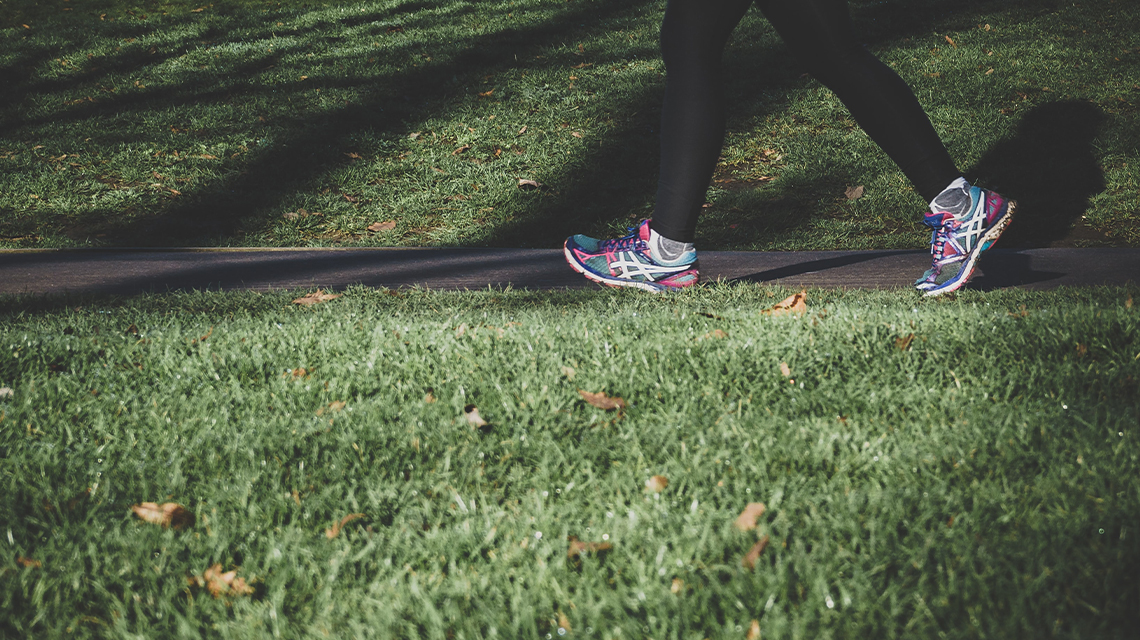
Why You Should Exercise After a Stroke
Regular exercise, alongside a well-balanced diet, can improve your overall health and well-being and help to reduce your chances of suffering a stroke.
What you may not realise is that exercise can play a huge part in stroke recovery and rehabilitation. So much so, in fact, it’s one of the main reasons why A Stroke of Luck was established in the first place!
Our vision is to enable stroke survivors to become socially mobile by improving their physical, mental, and emotional wellbeing.
What’s more, the A Stroke of Luck member’s club will be launched to provide stroke survivors with access to fitness professionals who have a passion and expertise in stroke rehabilitation.
With this in mind, let’s take a look at why you should exercise after a stroke.
Post-Stroke Exercise
Aerobic exercise in particular, can have a number of positive effects on the body post-stroke, which helps to improve overall quality of life.
Regular exercise can help with:
- Lowering blood pressure
- Walking ability
- Co-ordination and balance
- Mental health
- Weight loss
Let’s look at a few of these in a bit more detail.
Lowering Blood Pressure –
Hypertension (i.e. high blood pressure) is a leading cause of stroke. Hypertension weakens the arteries that supply blood to the brain, making them more prone to bursting or blood clots.
According to Medical News Today,
‘Those with high blood pressure (140/90 mm/Hg or higher) are one and a half times more likely to have a stroke than those with optimal blood pressure (120/80 mm/Hg).’
It’s therefore important that stroke survivors take steps to control their blood pressure, to not only maintain optimal health, but to also reduce the chance of stroke recurrence.
This is where exercise come in. Even low intensity exercise, such as walking, can help strengthen the heart, reduce the build-up of cholesterol and reduce clot formation in the arteries.
For those with limited mobility, exercises such as stretching or lifting light weights can make a big difference.
Walking Ability, Co-ordination & Balance –
We know that regular exercise can not only help improve a stroke survivor’s walking ability, but also balance and co-ordination as-well.
That said, some stroke survivors can be left weak or paralysed on one side of the body, or with a loss of sensation in other areas.
This can impede mobility and, in some cases, result in muscle atrophy, a condition in which the muscles start to waste away.
Spasticity is another issue, in which the muscles become stiff, tighten up and resist stretching.
Prior to embarking upon any aerobic exercise, stroke survivors with limited mobility should try to enlist the services of a physiotherapist.
A physiotherapist will devise a suitable rehabilitation programme, conducting a range of exercises aimed at restoring muscle control and strength.
Once mobile, an individual can then progress onto exercises geared towards strength, stamina and balance such as:
- Walking
- Peddling on an exercise bike
- Light resistance training
- Water aerobics
- Balance exercises
Mental Health –
Post-stroke anxiety and depression is common among stroke survivors. This is mostly down to chemical changes in the brain.
However, stroke survivors can also be left feeling frustrated, angry, hopeless and sad, especially if the recovery period is taking longer than anticipated.
If you’re suffering from post-stroke depression, or struggling to cope with the demands of recovery, talking with a registered mental health professional can help.
A mental health professional will help you come to terms with your condition and run through a range of techniques you can employ at home to help you cope.
Moving forward, regular exercise, no matter how strenuous, will release endorphins throughout the body, which play a part in mood regulation and help trigger feelings of euphoria and general well-being.
Weight Loss –
Finally, monitoring your diet and maintaining a healthy weight is key to post stroke recovery.
And achieving your weight loss goals will be easier if combined with regular exercise!
Combined with a low-fat diet, regular exercise will increase the number of calories your body uses for energy.
Burning calories through exercise combined with a reduction in calories through the food you eat, results in a calorie deficit, the key to effective weight loss.
Exercise can also help to lower cholesterol in the blood. A low weight combined with safe levels of cholesterol will play a part in minimising stroke recurrence, as-well as the risk of developing other serious health conditions.
